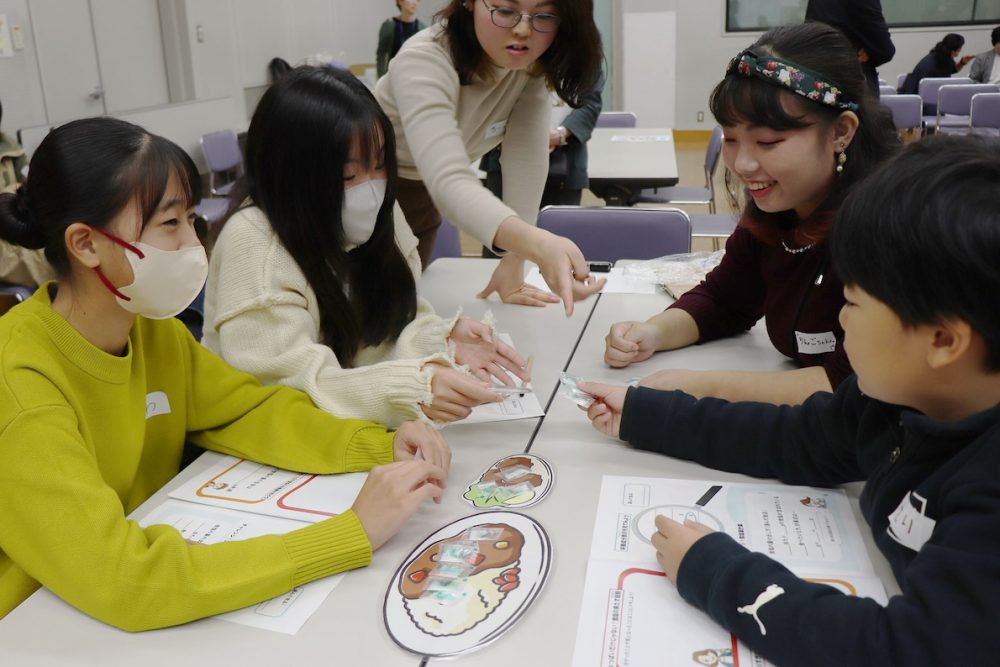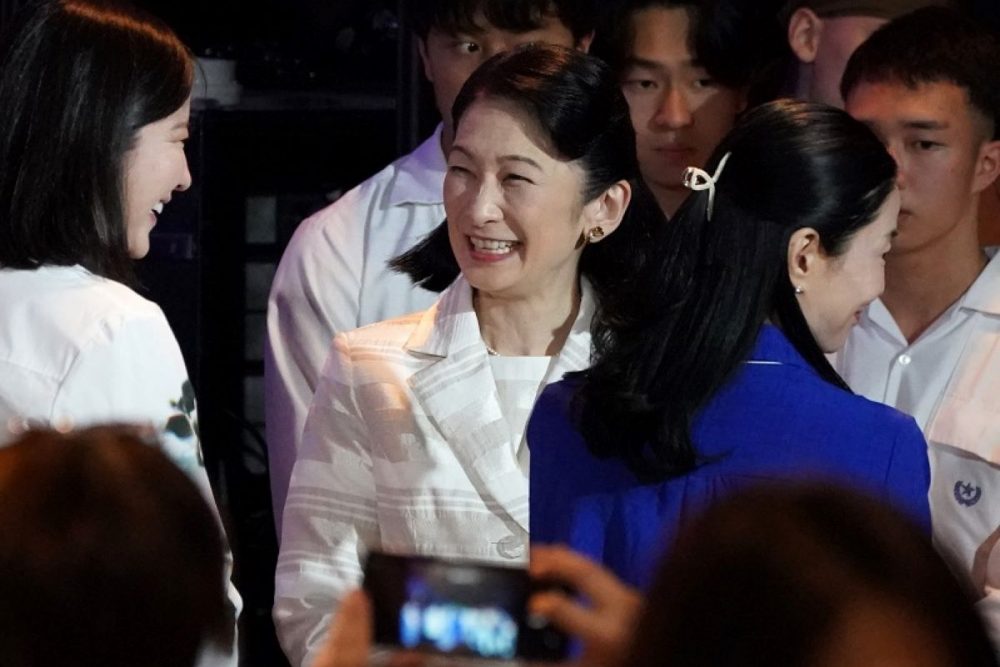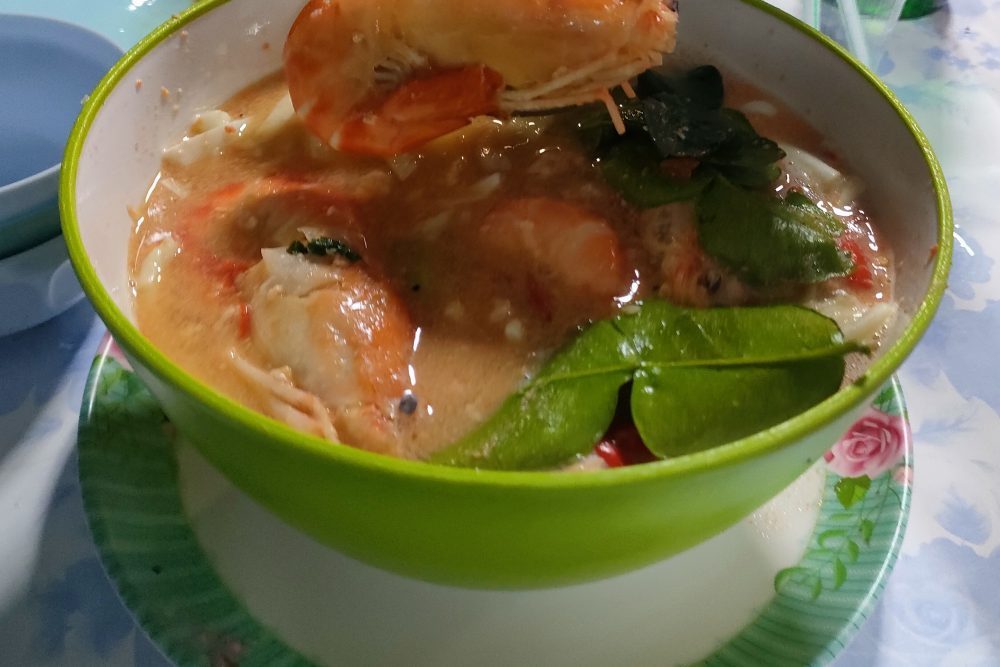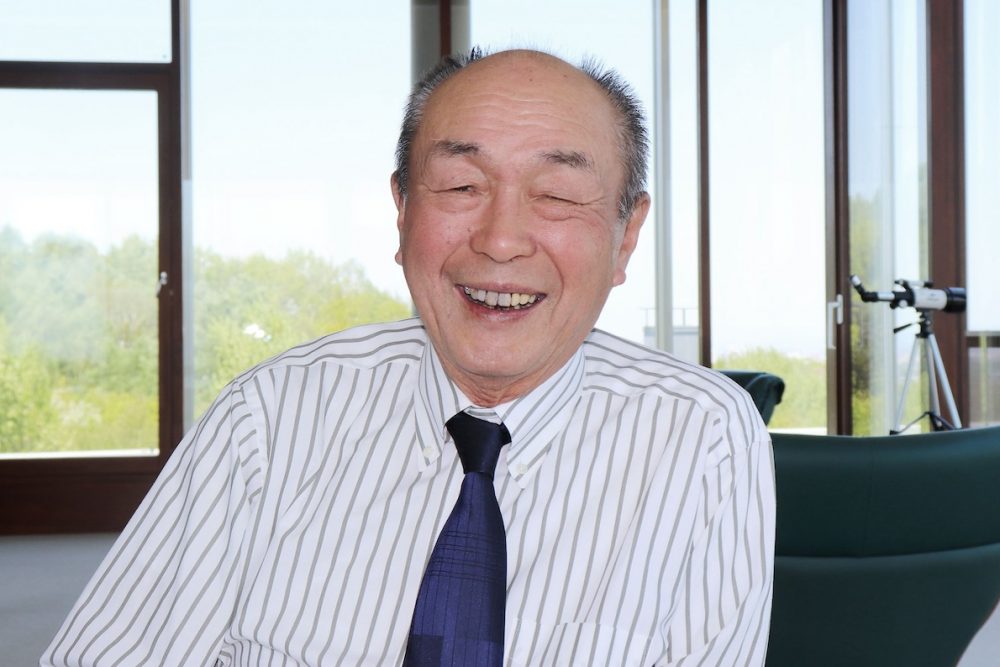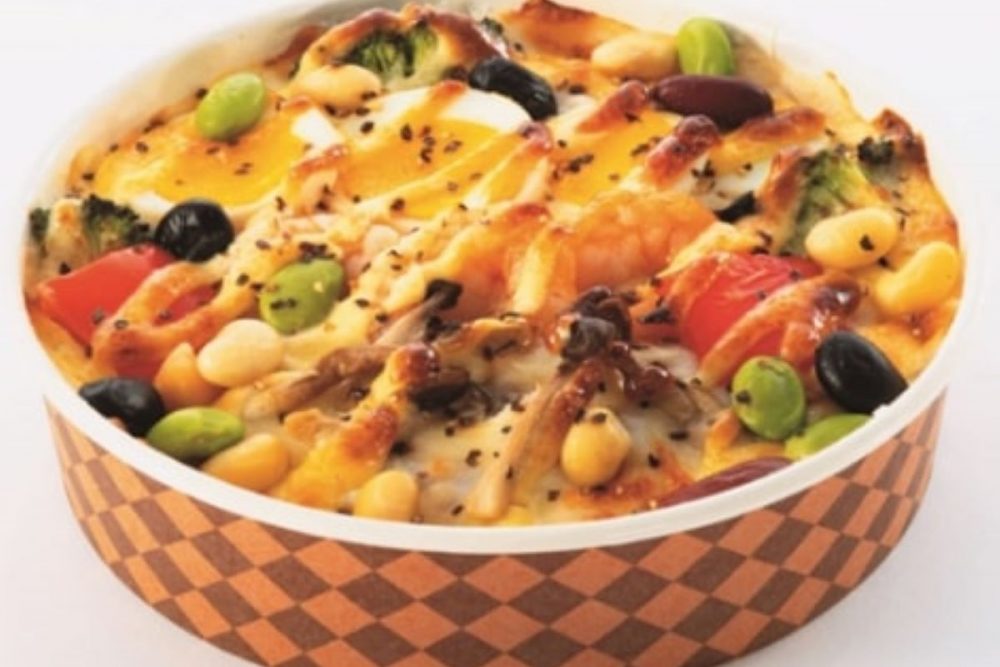[Global to Local] Sara Gladding Yoshihara: A Farm-to-Table Journey in Okayama
Sara Gladding Yoshihara provides delicious alternatives to standard baked goods, serving people with food sensitivities in their community and throughout Japan.
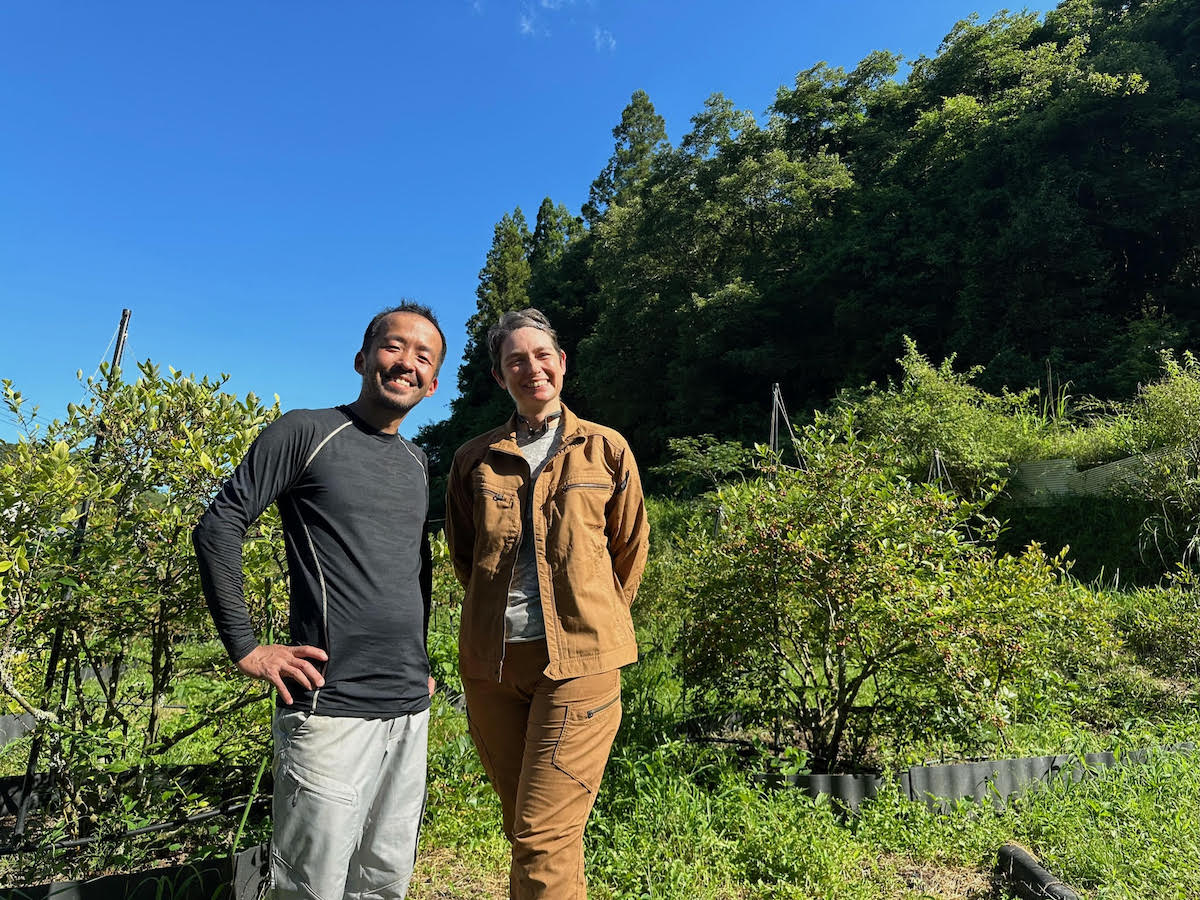
American Sara Gladding Yoshihara and their Japanese husband run the Hototogisu Bakery and Farm, which offers a variety of homemade gluten-free products. After meeting in the USA, the couple returned to Japan 18 years ago, settling down on the outskirts of Okayama to raise a family and establish their farm-to-table business. Yoshihara talks about living with a wheat allergy, growing a business, and forming strong bonds within their community.
What is gluten intolerance and how does it affect people’s health?
There are two types of gluten intolerance: celiac disease, which is an autoimmune condition, and non-celiac gluten intolerance. Both can cause a variety of issues, including digestive, neurological, and dermatological problems. Left untreated, celiac disease is associated with the possible development of other health problems, including osteoporosis and certain cancers.

Could you share your own journey?
Celiac disease runs in my family, but being in Japan, I have never been formally diagnosed as such. I do have a diagnosis of wheat allergy because I was lucky enough to see a dermatologist who suggested that a dietary trigger was causing my severe skin condition. Knowing my family history, I removed all sources of gluten and my health improved across the board. That said, I do want to stress that while gluten is bad for gluten-intolerant folks like me, it is not bad for everyone!
Living Wheat-Free in Japan
What is it like living with this condition in Japan?
Being on a strict diet does make many things hard; social and networking events are often focused on meals, travel requires extra planning, and there is no taking a break by getting take-out. However, since I do get quite sick when I make a mistake, I keep to my diet. I am very lucky that my condition can be managed.

What are "gluten-free" foods and how is Japan doing in terms of gluten-free products?
"Gluten-free" generally refers to foods that do not contain wheat, rye, or barley. Because celiac disease is not very common in Japan, food labeling is not geared towards a gluten-free diet. Wheat is always stated on labels, but since wheat is also in soy sauce and is commonly used as a thickener, almost all restaurant foods are off-limits. Barley and rye are not labeled as common allergens, and so barley "hides" in a lot of common foods — notably vinegar, mayonnaise, and sweeteners — meaning that many prepared foods are off-limits, too. Happily, there are an increasing number of restaurants catering to people with food allergies, and social media has allowed folks to share information more readily than in the past!
Setting Down Roots
Please tell us about your business, the Hototogisu Bakery and Farm.
In 2008 my husband and I started a bakery on our little farm. Much has changed since then, and we have grown to be a team of ten now. There is the farm, where we grow rice, oats, black soybeans, blueberries, squash, and a bunch of other vegetables, all of which we use in our bakery and cafe. We also raise chickens. At the bakery, we make gluten-free brownies and cookies that we sell on-site, online, and wholesale throughout Japan. The cafe serves regular coffee and tea, of course, but also "homegrown" drinks like our kurokinako (black soybean flour) lattes and roasted oat tea. We also have baked goods and deli foods, and our menu changes with the seasons according to what is in the garden.
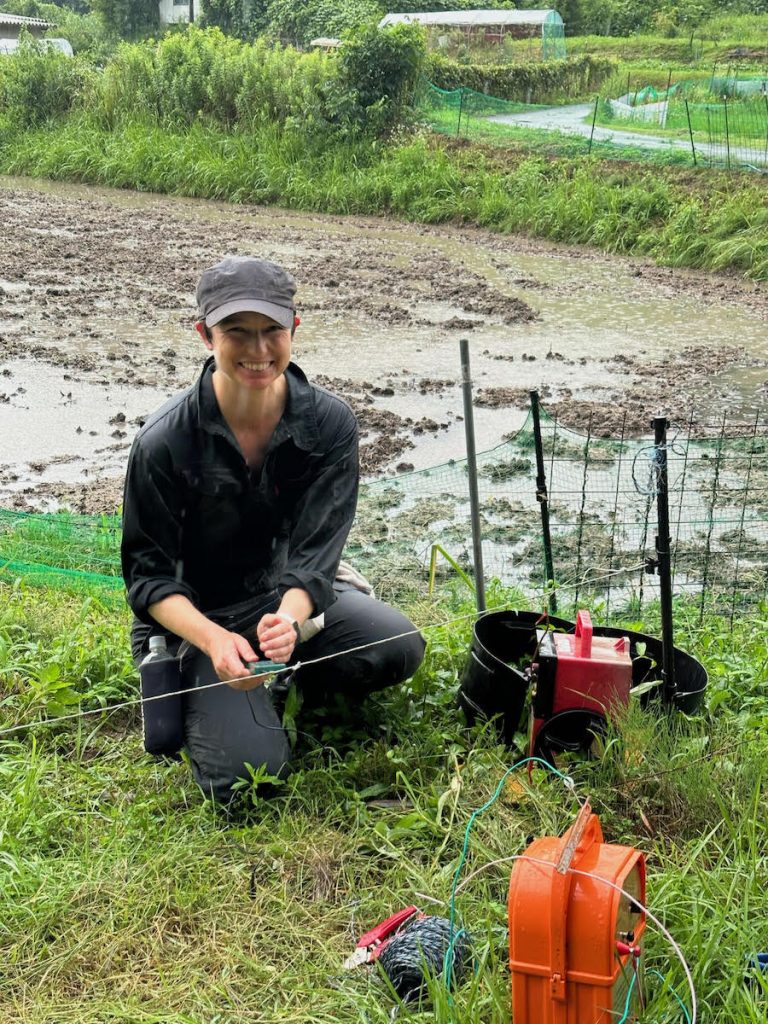
What has been the most challenging thing about running your business, and how have you overcome this?
The overlap of work life and personal life has been very challenging at times. It can easily turn into an endless workday if your business partner is also the person you live with! These days we are much better at setting boundaries, trusting other people to do their jobs, and at deliberately stepping away.
How about the most enjoyable and rewarding aspect?
There is always something new to learn or something new to try. Not every new direction ends in success, but every attempt is a learning experience.
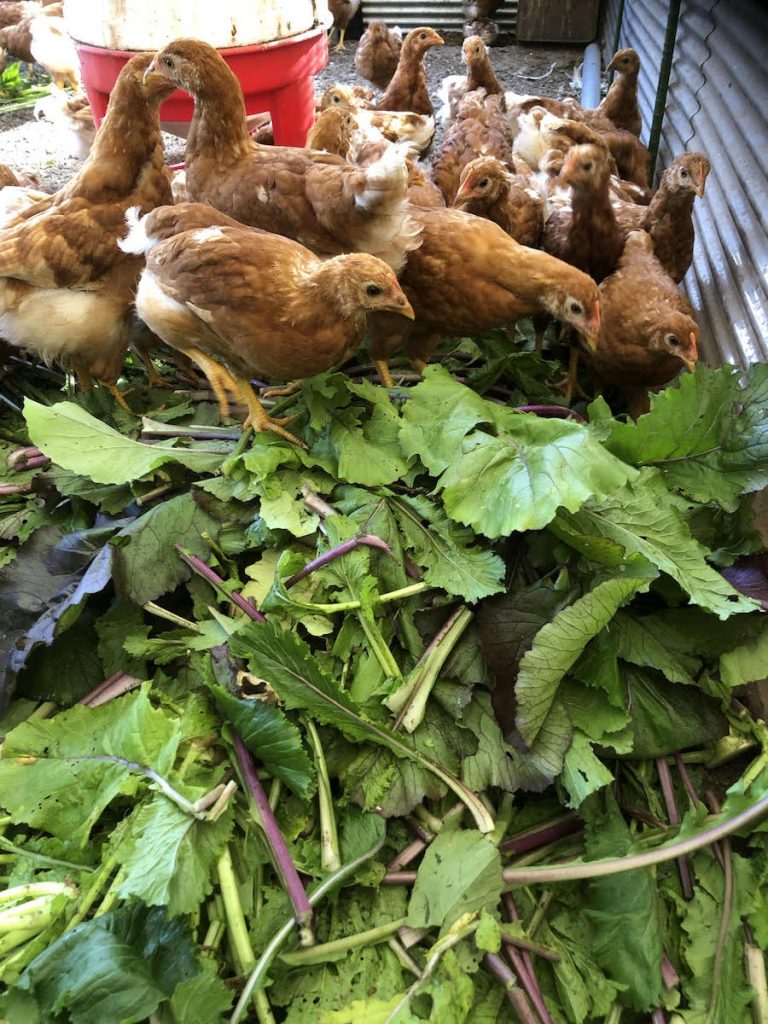
How do you brainstorm and develop ideas for new products?
The seed catalog is probably the biggest source of new ideas. No gardener can resist trying new varieties, and once we find something that grows well, we have to find a way to use it in the kitchen. We are hoping to produce hot sauce one of these days, as there are so many exciting types of peppers!
Tasteful Collaboration
Connecting with your local community has been important, hasn't it?
Yes, connecting with the local community has been one of the most wonderful parts of having this business. I have something to chat about with the neighbors, we get to meet interesting customers while at local markets, and get to know other farmers and small business owners. It is really satisfying to combine our activities with what others are doing. For example, we often feature another local product with our seasonal flavors.
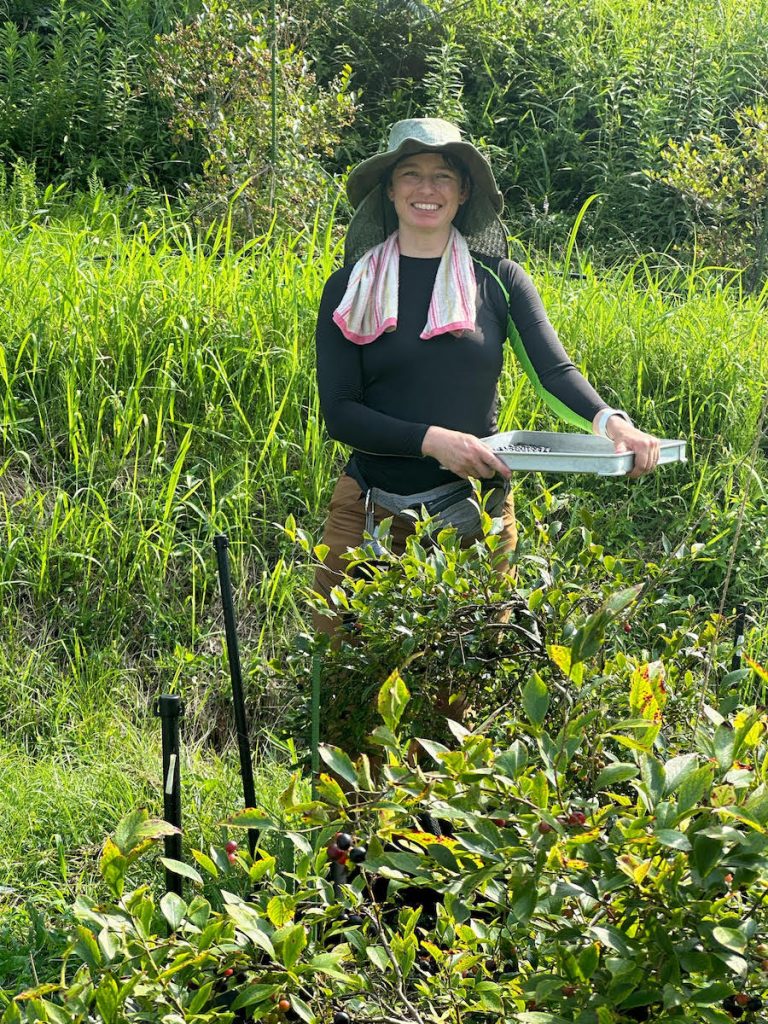
So creating flavor synergy in a sense?
That's right! We're using locally-grown tea powders and locally-grown and processed ginger in some of our brownies right now. Chocolate is, of course, a classic flavor but there is something really special about pulling together local flavors, and about knowing we are all doing our various parts to make good things for our community. I've found that small business people, in particular, are really open to connecting with those who are also doing something out of the ordinary. This means we can set aside any concerns about miscommunication, and can ask questions and share our knowledge. It's been really rewarding.

Do you have any words of wisdom for anyone thinking of starting a food business in Japan?
Small local markets are a wonderful place to start! The start-up costs are low, and meeting other vendors and customers is a great way to discover your niche.
Finding Space to Grow
How has being a non-Japanese, non-binary woman running a business in provincial Japan shaped your experiences?
To start with the positive, I do think that people in my local community see me simply as an individual. Since they do not know what to expect from me, they are pretty willing to accept whatever I show up with. The flipside is that it can be very isolating, both locally and within the wider non-Japanese community. While there are groups focused on supporting women in business and foreign women in Japan, as a non-binary person there are few spaces in which I feel seen and comfortable, leaving me without spaces to seek support and advice. I do hope that increasing visibility will lead to more groups explicitly welcoming non-binary folks.
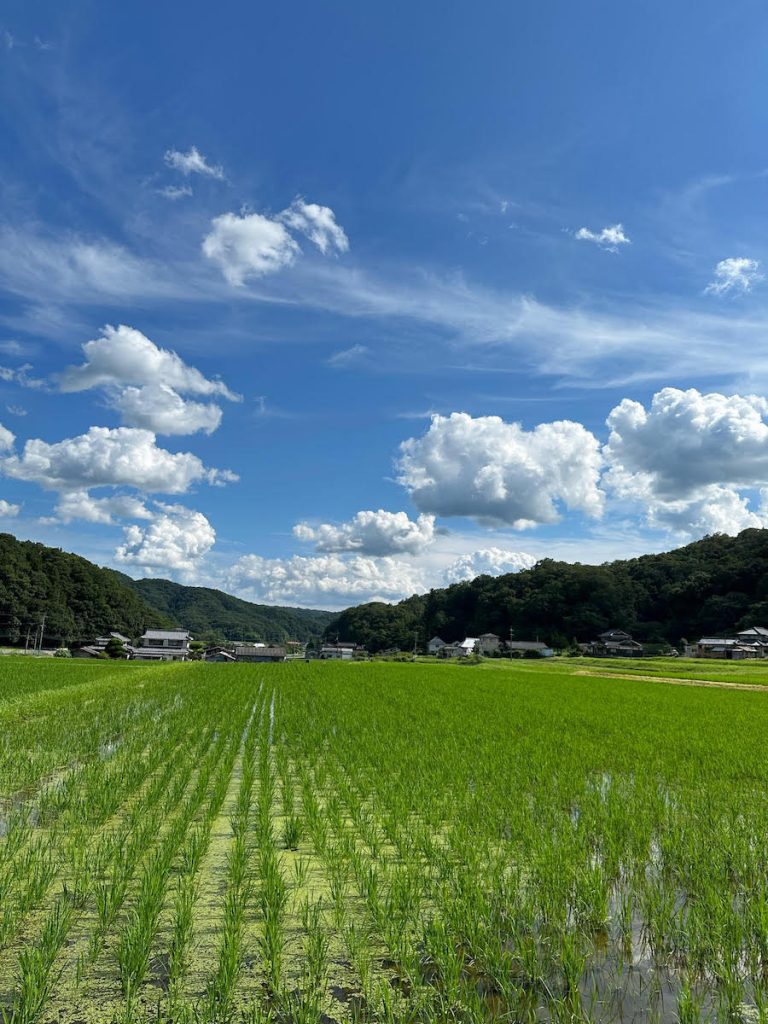
In recent years, the Setouchi region — including Okayama — has been gaining attention for initiatives connected to sustainable lifestyles: knowing where your food comes from, community connections, and supporting local businesses. What do you think is behind this trend?
Setouchi really is a wonderful region in which to live; we have so many neighbors invested in building our community. I think we are well placed because we are outside of the major urban areas yet within close proximity of the expressway, Shinkansen (bullet train), and airport. This allows us to remain connected enough for tourism and is also perfect for folks who want to live a more rural lifestyle while being easily able to visit family elsewhere. The neighborhood where we farm has seen quite a few new residents these past few years. And with them have come new small businesses, as well as some delightful post-retirement undertakings by long-term residents.
For more information, see the Hototogisu Bakery and Farm website: http://hototogisubakery.com/
Check out other installments of Global to Local by Louise George Kittaka.
Louise George Kittaka is a bilingual writer and content creator from New Zealand. She writes for numerous media platforms and also lectures at Shirayuri Women’s University in Tokyo.






